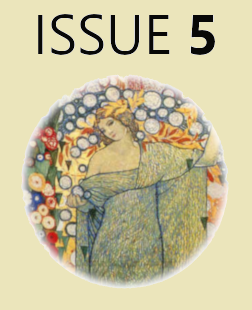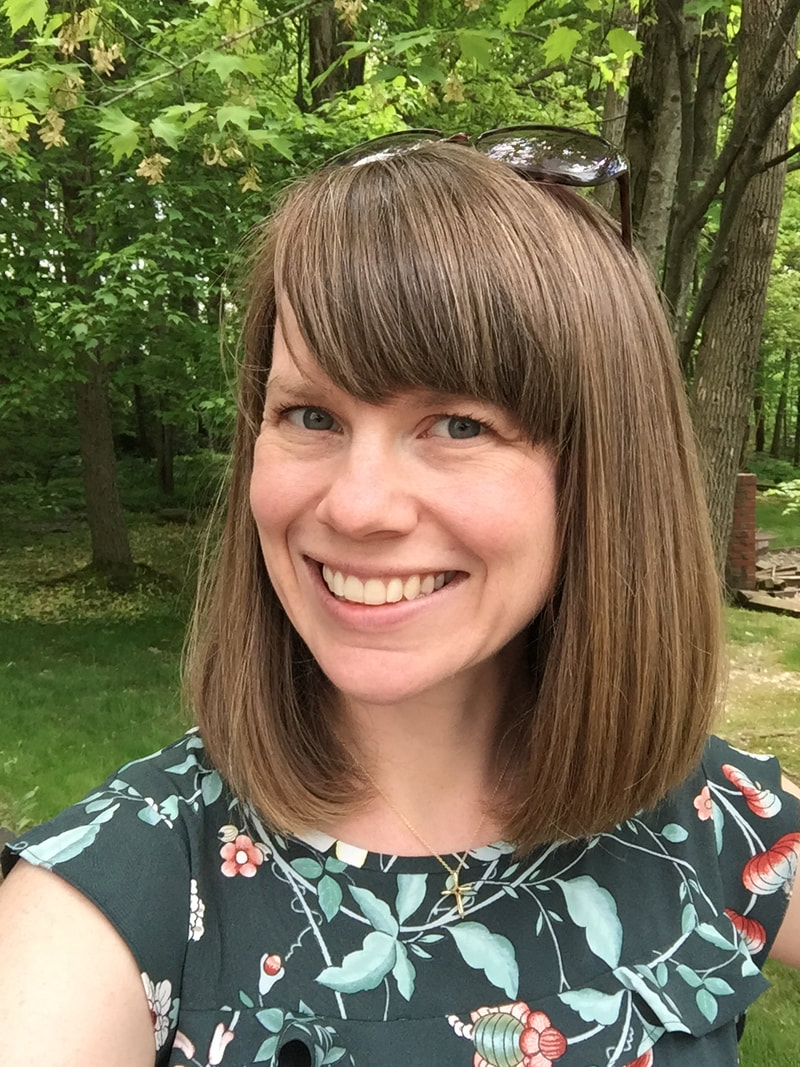|
NORTHEAST OHIO SPOTLIGHT
|
Animals in KindFiction by Valli Jo Porter
They came in twos, relentlessly coupled in their grief: wives and husbands, girlfriends and boyfriends. The women without partners brought their own mothers, sisters, friends. They milled around the circle of folding chairs. They wore Sharpie-scrawled nametags. They forced smiles over the refreshment table, where they drowned instant coffee in creamer, picked over stale scones, commented on the humidity. They assiduously avoided the common hole in their lives. As if they had no less depressing place to be on a balmy August weeknight in Virginia Beach than this church gymnasium.
|




